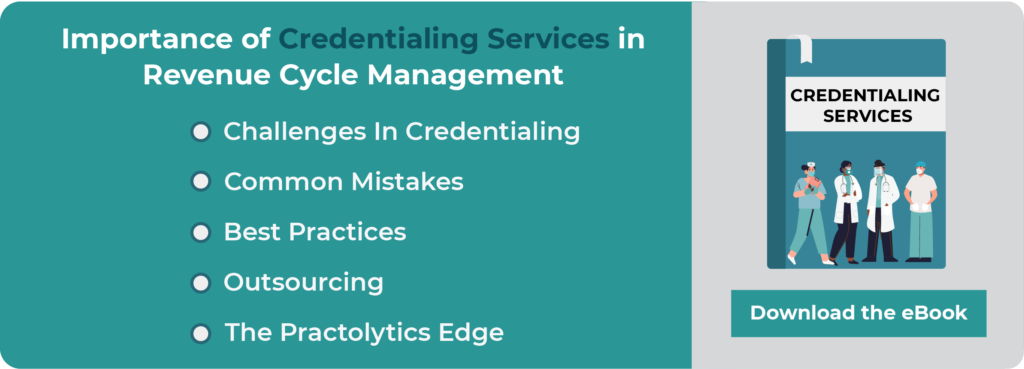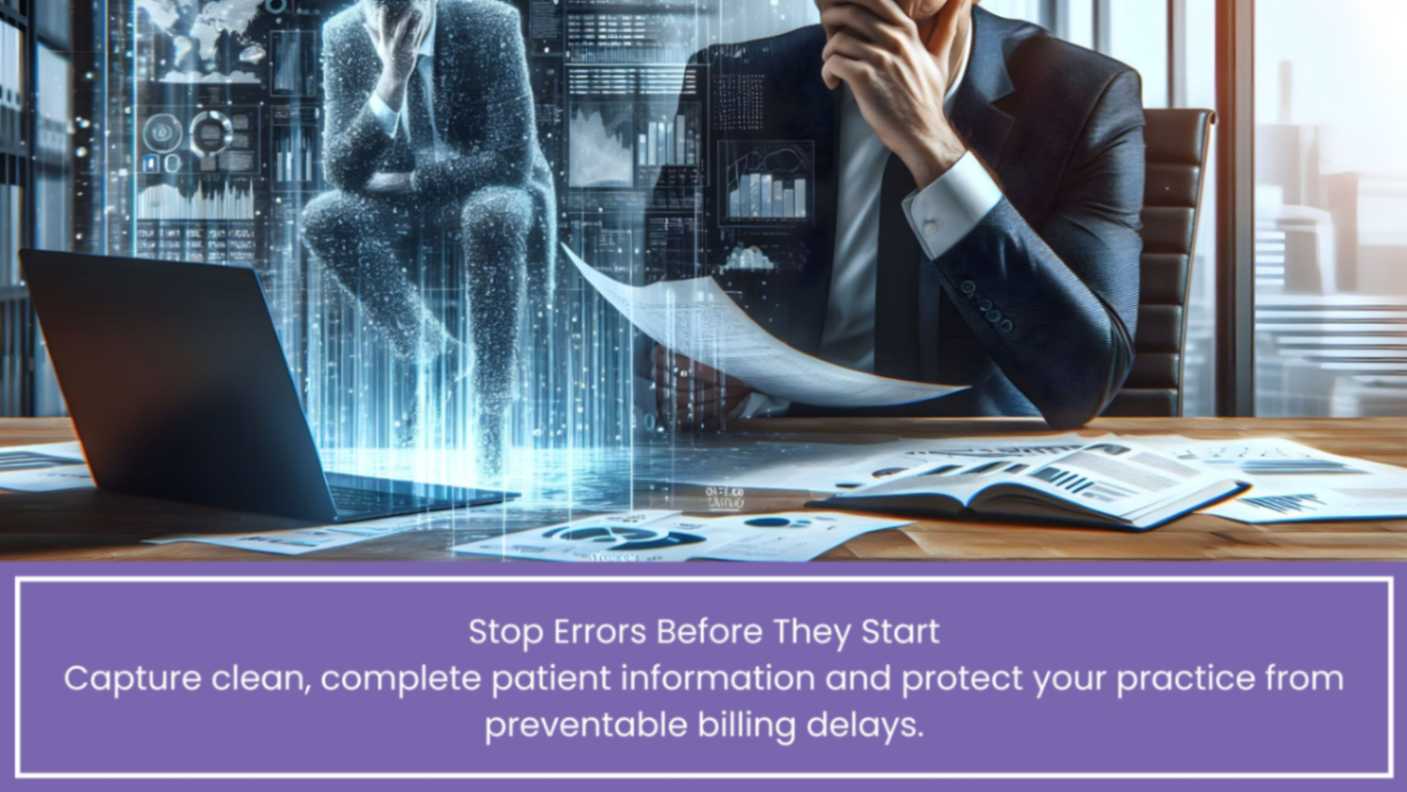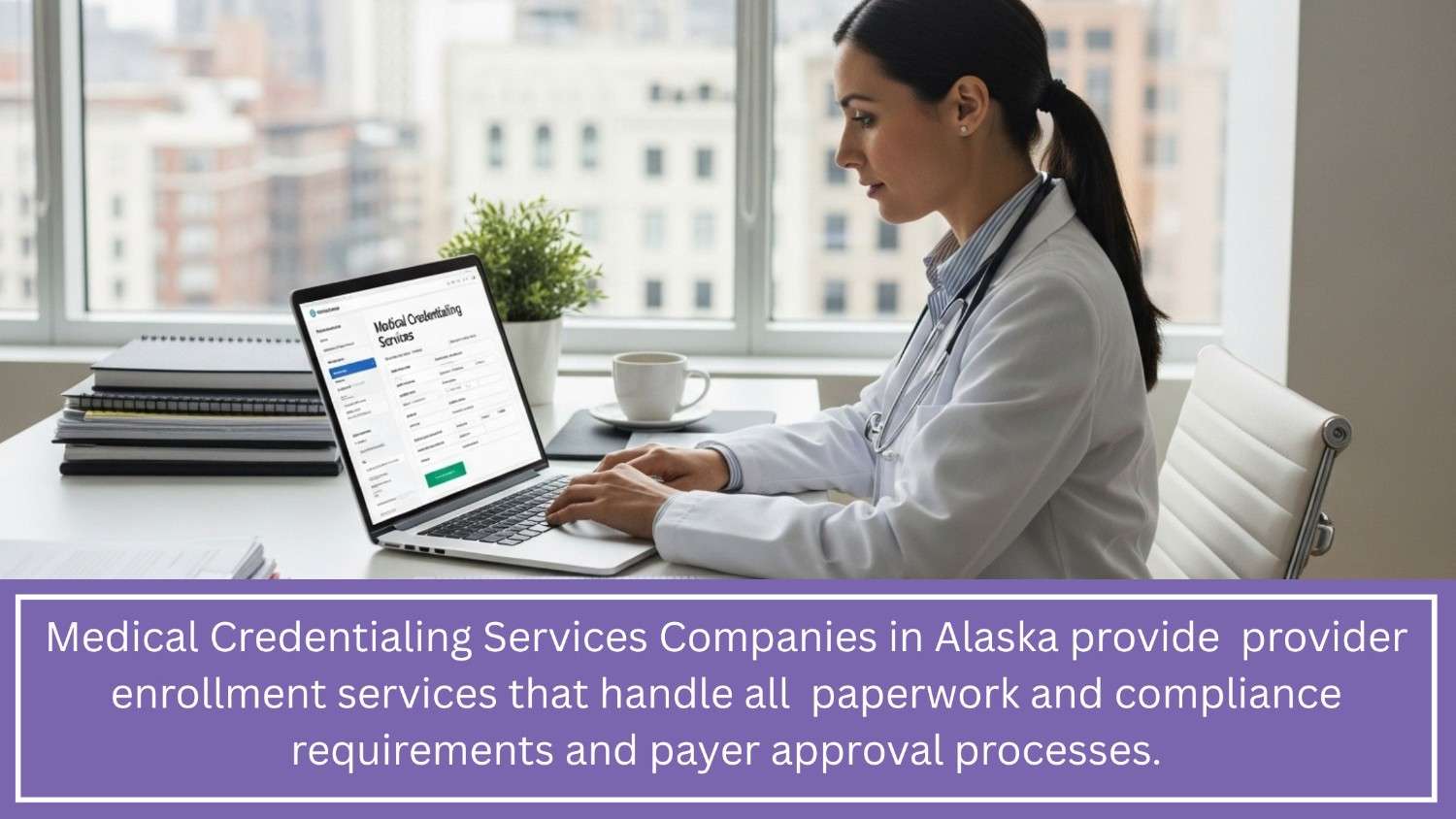Medical Credentialing Services for Nurses
Medical Credentialing: Healthcare organizations must deliver quality care, meet compliance standards, and optimize efficiency. They face increasing complexities in doing so. Among these challenges, medical insurance for credentialing services for nurses emerges as a vital process. Healthcare Credentialing services verifies qualifications and competence. It also improves workflows, cuts compliance risks, and builds trust among providers, payers, and patients.
This blog explores the vital role of medical credentialing services for nurses. It discusses the challenges healthcare organizations face. It also shows how Practolytics quickly solves these issues in a fast-changing industry.
Table of Contents
Significance of Nurse Credentials in Healthcare
Nurses are the heartbeat of healthcare, pulsing with life and care. They juggle direct patient care and crucial administrative tasks seamlessly. Each role requires skillful precision and unwavering dedication to excellence. They uphold the highest professional standards in every shift. They weave a tapestry of compassionate care. Medical credentialing services ensure that nurses:
- Meet Licensing and Regulatory Standards: Hospital Credentialing guards nursing’s standards. It ensures that nurses have the licenses and certifications needed for their roles.
- Enhance Patient Safety: Credentialing is the gatekeeper of care. It allows only qualified professionals. This line minimizes patient risks and fosters a safer healthcare system.
- Streamline Operations: Verified credentials cut the red tape, streamlining workflows for nurses. This allows them to dedicate their time to what truly matters: patient care, not paperwork.
- Enable Reimbursement from Payers: Proper credentialing is key for nurses in payer networks. It paves the way for accurate claim processing, ensuring smooth sailing in reimbursement.
- Ensure Compliance: Credentialing guides providers through regulatory waters. It ensures they sail smoothly, adhering to federal, state, and payer-specific mandates. These rules help them avoid penalties and legal troubles. Their practice survives as a result.
Challenges in Nurse Credentialing
Nurse credentialing services is vital but poses challenges that can strain healthcare organizations. Key issues include:
- Time-Intensive Processes
Credentialing requires verification of licenses, certificates, employment history, and educational background. This process often involves communicating with primary sources. It can take weeks or even months.
- Complex Regulatory Landscape
Each state and payer has unique rules. This makes credentialing complex and time-consuming. It’s especially hard for nurses in multi-state or telemedicine roles.
- High Administrative Burden
Managing documents, tracking expiration dates, and ensuring compliance take much time. They require great attention to detail.
- Risk of Errors and Oversights
Manual processes risk errors, like missing documents or wrong data. These can cause claim denials, compliance violations, and legal issues.
- Lack of standardization
Organizations’ credentialing procedures differ greatly, which results in inefficiencies and duplication of labor.
Best Practices for Nurse Credentialing
To overcome these challenges, healthcare organizations can adopt the following best practices:
- Centralized Credentialing Systems
A centralized system stores nurse credentials. Ensures data integrity, consistency, and accessibility throughout the organization. This minimizes redundant work and enhances productivity.
- Leverage technology
Credentialing software and automation tools streamline workflows. They track timelines and ensure data accuracy. Advanced tools can also provide alerts for license expirations or missing documents.
- Regular compliance audits
Proactive audits find gaps in hospital credentialing processes. They ensure compliance with regulations and reduce risks.
- Outsource to Credentialing Experts
Using a credentialing service like Practolytics can help. It can cut admin work, boost accuracy, and ensure compliance with industry standards.
Practolytics: Your Partner in Credentialing Services for Nurses
At Practolytics, we understand the unique challenges healthcare organizations face in nurse credentialing. Our custom solutions use advanced tech and industry know-how. They provide unmatched efficiency, accuracy, and compliance. Here’s how we can help:
- Comprehensive Credentialing Solutions
Practolytics offers end-to-end credentialing services, including:
- Verification of licenses, certifications, and training is achieved through Primary Source Verification (PSV).
- Document management is to maintain up-to-date records and ensure uninterrupted operations.
- Enroll nurses in insurance networks and enable claims processing.
- Ongoing recredentialing ensures compliance with evolving regulations.
- Streamlined Workflows with Automation
Our advanced medical credentialing software automates repetitive tasks. It cuts the time and effort needed for manual processes. From tracking expiration dates to generating compliance reports, automation improves efficiency and accuracy.
- Expertise in Multi-State and Telemedicine Credentialing
Healthcare organizations that work across state lines or offer telemedicine find credentialing tough. Practolytics specializes in navigating complex regulations. We ensure seamless credentialing for nurses in any jurisdiction.
- Robust Compliance Framework
We stay updated on changing regulations and payer requirements. This ensures your organization remains compliant. This minimizes the risk of penalties, legal issues, and claim denials.
- Scalable Solutions for Growth
As your organization expands, Practolytics scales with you. Our solutions evolve to meet your needs. They adapt to new providers, markets, and telemedicine trends.
- Improved Financial Outcomes
Proper credentialing has a direct impact on revenue cycles. Practolytics helps cut claim denials and optimize reimbursements. It does this by ensuring accurate and timely enrollment in payer networks.
Business Impact of Efficient Nurse Credentialing
Investing in robust credentialing services for nurses delivers significant benefits to healthcare organizations:
- Optimized Operational Processes
Streamlined credentialing streamlines processes, freeing up staff to concentrate on their primary duties.
- Higher Quality Patient Care
When organizations credential well, nurses can provide high-quality care without delays.
- Financial Resilience
Efficient credentialing ensures timely enrollment and accurate claims. This improves cash flow and cuts financial risks.
- Stronger Provider Reputation
Organizations that focus on credentialing show a commitment to quality. This earns trust from patients, payers, and regulators.
Prospects for Nurse Credentialing
Technological advancements drive innovation in credentialing methods. Emerging trends include:
- AI-Powered Credentialing
AI can analyze credentialing data, predict compliance risks, and automate workflows. This will improve efficiency and accuracy.
- Blockchain Technology for Safe Data Exchange
Credentialing information can be shared and stored in a decentralized, impenetrable manner thanks to blockchain technology. It enhances transparency and trust.
- Interoperability Across Systems
Integrated credentialing platforms will allow seamless data exchange. This will connect healthcare organizations, payers, and regulators. It will reduce redundancy and improve coordination.
- Decentralized Identity Management
Future systems may allow nurses to own and manage their credentials. This would make them more portable and reduce admin work.
Conclusion
Credentialing services for registered nurses are vital for healthcare. They ensure efficiency, safety, and compliance. However, traditional methods often fail in a fast, complex industry. Healthcare groups can use advanced technology. They can partner with experts, like Practolytics, to overcome these challenges. They can then achieve new levels of efficiency and trust.
Ready to optimize your nurse credentialing process? Practolytics offers comprehensive solutions tailored to your needs. Focus on delivering exceptional patient care. We’ll handle the complexities of credentialing. Contact us today to learn more. Take the first step toward better credentialing.
The importance of nurse credentialing in healthcare is covered in this blog post. It draws attention to the difficulties that companies encounter when handling nursing credentials, such as laborious procedures, intricate rules, and the possibility of mistakes. The article then looks at best practices for nurse credentialing, including outsourcing to knowledgeable companies like Practolytics, utilizing technology, and centralized processes. It highlights the advantages of effective credentialing, such as increased financial results, better patient care, and increased operational efficiency. Lastly, the blog examines new developments in nurse credentialing, including blockchain technology and AI-powered solutions.
ALSO READ – Charting the Future: Navigating 2024’s Healthcare Credentialing with Practolytics
Talk to Medical Billing Expert Today — Get a Free Demo Now!






